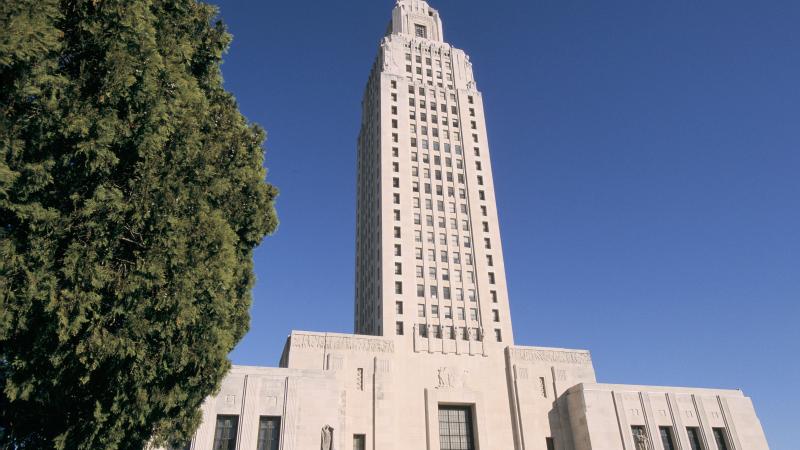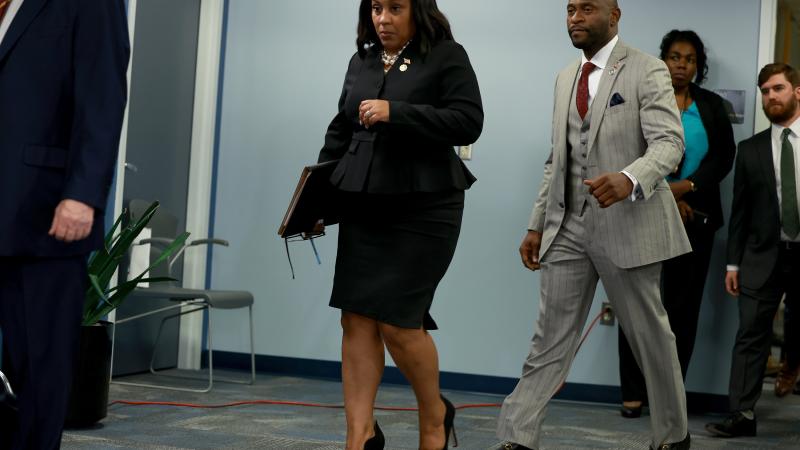California bill with stronger sentences for trafficking minors survives on last possible day
The bill failed in its first vote in the Assembly Public Safety Committee due to concerns that “longer sentences…increase our investment in systems of harm and subjugation..."
(The Center Square) - A California bill to make trafficking minors a “serious crime” eligible under the state’s “three strikes law” exited committee, ensuring SB 14 is likely to face a full vote by the California Assembly before the state legislature adjourns for the year on September 14.
Placed on the State Assembly Appropriations Committee’s suspense file in mid-August, SB 14 was approved by the committee on the last possible day, allowing the bill to move forward and receive the last vote it needs to reach the governor’s desk.
The suspense file is a mechanism the Appropriations Committee can use to quietly quash bills that have a fiscal impact of more than $150,000, but bill author State Senator Shannon Grove (R—Bakersfield) worked hard during the recess to secure more than half of all state legislators and nine out of 16 members of the key committee as bill co-authors.
“I want to thank the Assembly Appropriations Committee members who stood today in defense of the victims of child sex trafficking and voted to let SB 14 out of committee. This bill has strong bipartisan support with 64 co-authors from both parties and both houses,” said Grove. “I am confident most members of the Assembly want to vote for this bill, and thanks to today’s vote they will have a chance.”
The bill was unanimously passed in the California Senate, but failed in its first vote in the Assembly Public Safety Committee due to Assembly Majority Leader Isaac Bryan’s (D-Los Angeles) concerns that “longer sentences…increase our investment in systems of harm and subjugation at the expense of the investments that the communities need to not have this problem to begin with.” With national focus to pass the bill ranging from billionaire Elon Musk to California Governor Gavin Newsom, the bill easily passed the Public Safety Committee on its second vote. Given the governor’s stated support of the bill and involvement in securing a second committee vote for the bill, it’s likely that he will sign it into law if it passes the full State Assembly before the September 14 legislative deadline.














